.jpg)
Austrian patients facing neurological challenges—such as Multiple Sclerosis, Parkinson's disease, or post-stroke deficits—are increasingly crossing the short border to access neurological disorders stem cell treatment in Slovakia.
This decision is driven by a unique combination of factors: Slovakia offers a "sweet spot" of European Union (EU) medical standards and regulated safety, often operating under strict Good Manufacturing Practice (GMP)-certified lab protocols, while providing these specialized treatments at a fraction of the cost found in comparable private clinics in Western Europe or Austria itself.
Furthermore, the strategic proximity of Bratislava (Slovakia's capital) to Vienna (Austria's capital) makes the journey highly convenient for patients with debilitating conditions, allowing them to quickly access advanced protocols like intrathecal administration of mesenchymal stem cells (MSCs) for direct central nervous system delivery, which may be harder or slower to access through conventional channels back home.
Key Takeaways
-
Significant Cost Savings: Neurological stem cell packages in Slovakia range from €8,000 to €14,000, compared to €20,000+ in private Austrian or German clinics.
-
"Twin City" Proximity: Vienna and Bratislava are only 60km apart (approx. 1 hour by train or car), making travel stress-free for patients with mobility issues.
-
EU Regulatory Standards: Slovakia operates under the same European Medicines Agency (EMA) safety directives as Austria, ensuring high-quality laboratory standards (GMP).
-
Integrated Neuro-Rehab: Slovakian clinics are world-renowned for combining regenerative medicine with high-intensity neuro-rehabilitation (e.g., the Adeli method).
The "Twin City" Advantage: World-Class Care Next Door
For Austrian patients, Slovakia offers a unique combination of domestic-level convenience and international cost efficiency, providing access to advanced regenerative therapies just an hour's drive from Vienna.
For patients in Austria facing progressive neurological conditions like ALS, Multiple Sclerosis (MS), or Parkinson's Disease, the search for effective treatment often leads across the border to Slovakia. The capital, Bratislava, and nearby medical hubs like Malacky have established themselves as centers of excellence for regenerative medicine and neurorehabilitation.
Unlike traveling to Asia or the Americas, choosing Slovakia requires no long-haul flights, no jet lag, and minimal cultural barriers. Many medical staff in western Slovakia speak fluent German, and the regulatory framework adheres to strict European Union safety standards, providing peace of mind that "cheaper" does not mean "lower quality."
Top Neurological Conditions Treated in Slovakia
Slovakian clinics specialize in neurodegenerative diseases where traditional medicine offers limited solutions, focusing on slowing progression and improving quality of life through cellular regeneration.
1. Amyotrophic Lateral Sclerosis (ALS) / MND
Clinics in Slovakia utilize Mesenchymal Stem Cells (MSCs)—often harvested from umbilical cord tissue or bone marrow—to target motor neuron damage. The goal is to reduce neuroinflammation and protect surviving neurons (neuroprotection).
-
Typical Protocol: Intrathecal (into the spinal canal) and Intravenous administration.
-
Goal: Slowing disease progression, improving swallowing/breathing functions.
2. Multiple Sclerosis (MS)
Stem cell therapy for MS in Slovakia focuses on immunomodulation. The stem cells aim to "reset" the faulty immune system that attacks the myelin sheath.
-
Typical Protocol: High-dose systemic IV infusion.
-
Goal: Reducing flare-ups, repairing myelin, and restoring motor function.
3. Stroke and Traumatic Brain Injury (TBI)
Slovakia is a global leader in combining stem cells with intense physical rehabilitation. Stem cells help stimulate neurogenesis (new vessel and neuron growth) in the penumbra (the area surrounding the stroke injury).
-
Typical Protocol: Direct injection or IV, paired with robotic rehabilitation (e.g., Lokomat).
-
Goal: Regaining speech, mobility, and cognitive function.
4. Parkinson's Disease
Therapies focus on replacing dopamine-producing cells and reducing brain inflammation.
-
Goal: Reducing tremors, improving gait, and decreasing rigidity.
Cost Comparison: Austria vs. Slovakia vs. Germany
Slovakia offers savings of 40%–60% compared to Western Europe due to lower operational costs and wages, not lower medical standards.
The primary driver for Austrian patients is the price-to-value ratio. While stem cell therapy is rarely covered by public health insurance (ÖGK) in Austria due to its status as an experimental treatment, paying out-of-pocket in Vienna or Germany can be prohibitively expensive.
Estimated Cost of Neurological Stem Cell Therapy (2025)
|
Destination |
Average Package Cost (EUR) |
What's Typically Included? |
|---|---|---|
|
Slovakia |
€8,000 – €14,000 |
Consult, MRI review, 100M+ Stem Cells, 2-3 days stay, Translation. |
|
Austria (Private) |
€18,000 – €25,000+ |
Consult, Procedure (often bone marrow only), 1-day stay. |
|
Germany |
€19,500 – €28,000 |
Consult, Procedure, strict regulatory fees, higher hospital costs. |
|
Switzerland |
€25,000 – €40,000 |
Premium luxury accommodation, procedure, high specialist fees. |
Did You Know?
The lower cost in Slovakia is largely due to lower overheads (building rent, utilities, administrative staff wages) rather than the cost of the stem cells themselves. The laboratory technology used in Bratislava is often identical to that used in Vienna or Berlin.
The Procedure: What Austrian Patients Can Expect
Treatment protocols in Slovakia are rigorous, typically involving a 2 to 5-day stay that combines diagnostics, cell administration, and immediate rehabilitation.
Step 1: Remote Evaluation
Austrian patients typically send their medical reports (MRI, CT scans, neurologist reports) via encrypted email. A specialist reviews the file to determine candidacy within 48 hours.
Step 2: Arrival & Diagnostics
Upon driving or taking the train to the clinic (e.g., in Malacky or Bratislava), patients undergo thorough blood work and physical evaluations.
-
Language: Most clinics have German-speaking coordinators.
Step 3: Administration
-
Umbilical Cord Tissue MSCs: These are preferred by many Slovakian clinics for their high potency and lack of rejection risk. They are administered via IV drip or Intrathecal injection (lumbar puncture) to ensure cells reach the central nervous system.
-
Bone Marrow: Some clinics may use the patient's own bone marrow (Autologous), harvested from the iliac crest.
Step 4: Neuro-Rehabilitation (The Slovak Advantage)
This is a key differentiator. Clinics often partner with or include intensive physical therapy sessions immediately after treatment to help the brain "map" new pathways—a concept known as neuroplasticity.
Expert Insight:
"Stem cells act as the 'hardware upgrade' for the brain, but physical therapy provides the 'software' to make it work. Slovakia's emphasis on combining these two—specifically for Austrian patients who can easily visit for follow-ups—creates superior outcomes compared to stand-alone injections."
Regulatory Framework & Cross-Border Healthcare
Slovakia adheres to the European Union's strict Good Manufacturing Practice (GMP) standards for cell manufacturing, ensuring safety and sterility.
Safety Standards
Austrian patients benefit from the fact that Slovakia is an EU member.
-
EMA Alignment: Clinics must comply with European Medicines Agency regulations regarding tissue handling.
-
Laboratory Inspections: Cell Processing Centers (CPCs) are subject to regular government inspections, similar to those in Austria.
EU Directive 2011/24/EU (Cross-Border Healthcare)
While the stem cell product itself is often considered an "unproven/experimental" therapy and thus not reimbursed by Austrian insurance (ÖGK/SVS), associated costs might be eligible.
-
Reimbursement: Patients may be able to claim reimbursement for the consultation or standard rehabilitation portions of their stay, up to the cost of that same treatment in Austria.
-
Requirement: Pre-authorization (Bewilligung) is usually required from the Austrian insurance provider.
Frequently Asked Questions (FAQ)
Is stem cell therapy legal in Slovakia?
Yes. Clinics operate under specific exceptions (like the Hospital Exemption scheme) or as part of approved clinical research. They are regulated by the Slovak Ministry of Health and conform to EU standards.
How do I get from Vienna to the clinics?
Most clinics offer a free shuttle service from Vienna International Airport (VIE) or Vienna Hauptbahnhof directly to the facility in Bratislava or Malacky. The drive takes approximately 45–60 minutes.
Why is neuro-rehabilitation important after stem cells?
Stem cells can repair tissue, but the brain needs retraining to use that restored tissue. Slovakia is home to world-class rehab centers (like the Adeli Medical Center) that specialize in "teaching" the brain to control muscles again after treatment.
What type of stem cells are used?
Most leading clinics use Allogeneic Mesenchymal Stem Cells (MSCs) derived from healthy, screened umbilical cord tissue. These cells are "immune-privileged," meaning there is no need for donor matching and zero risk of rejection.
How many cells are injected?
Protocols for neurological conditions are high-dose, typically ranging from 100 million to 300 million cells administered over several days to maximize therapeutic effect.
Can I speak German with the doctors?
Yes. Due to the high volume of Austrian and German patients, specialized clinics in the Bratislava region almost always have German-speaking doctors and nursing staff.
Ready to Explore Your Options in Slovakia?
Navigating the options for stem cell therapy can be complex. PlacidWay simplifies the process for Austrian patients. We connect you directly with government-certified, top-rated clinics in Slovakia that specialize in neurological disorders.
We help you with:
-
Direct Medical Reviews: Get your MRI/medical files reviewed by Slovak specialists for free.
-
Transparent Quotes: No hidden fees—receive a comprehensive treatment package price.
-
Travel Coordination: Assistance with shuttles from Vienna and accommodation arrangements.




.jpg)
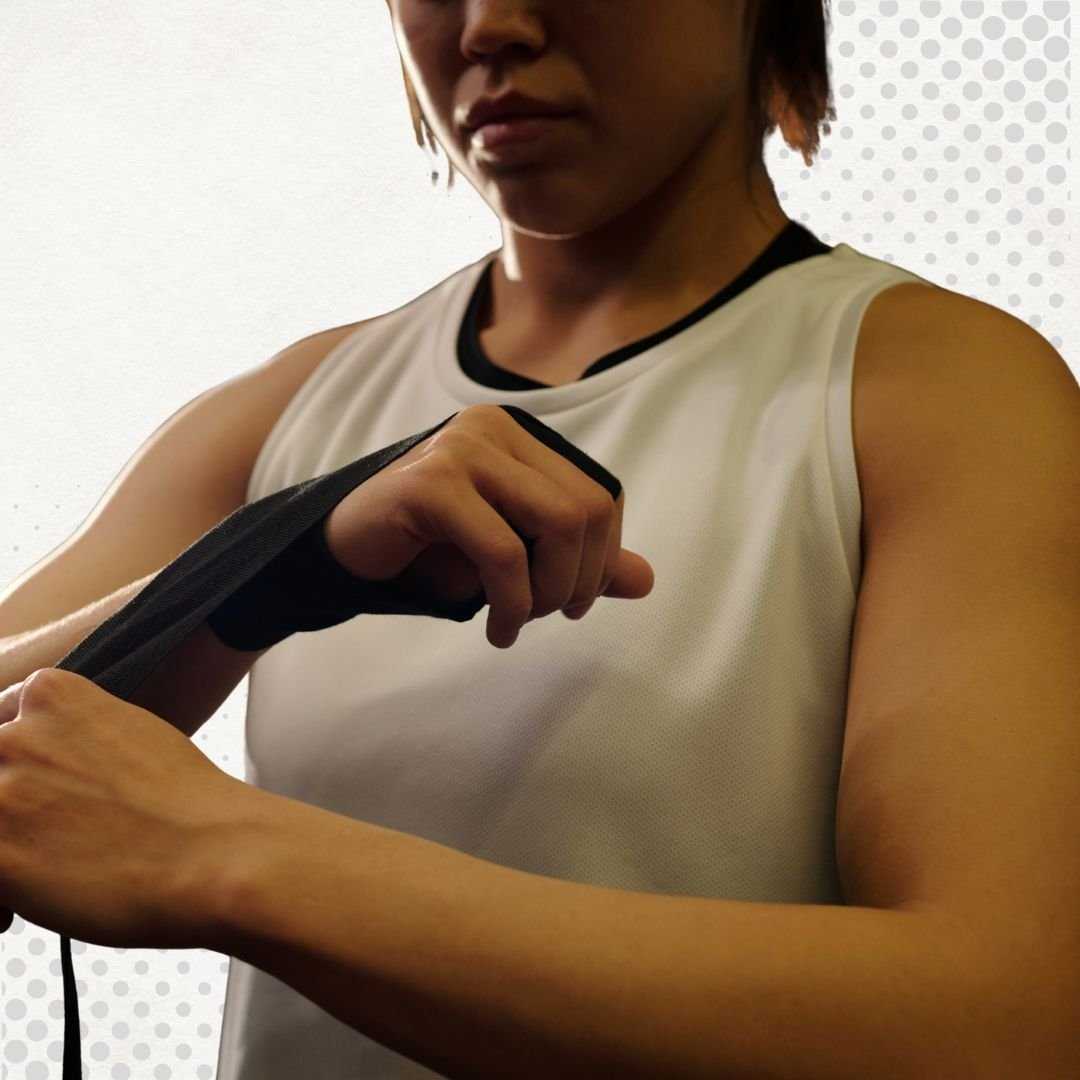


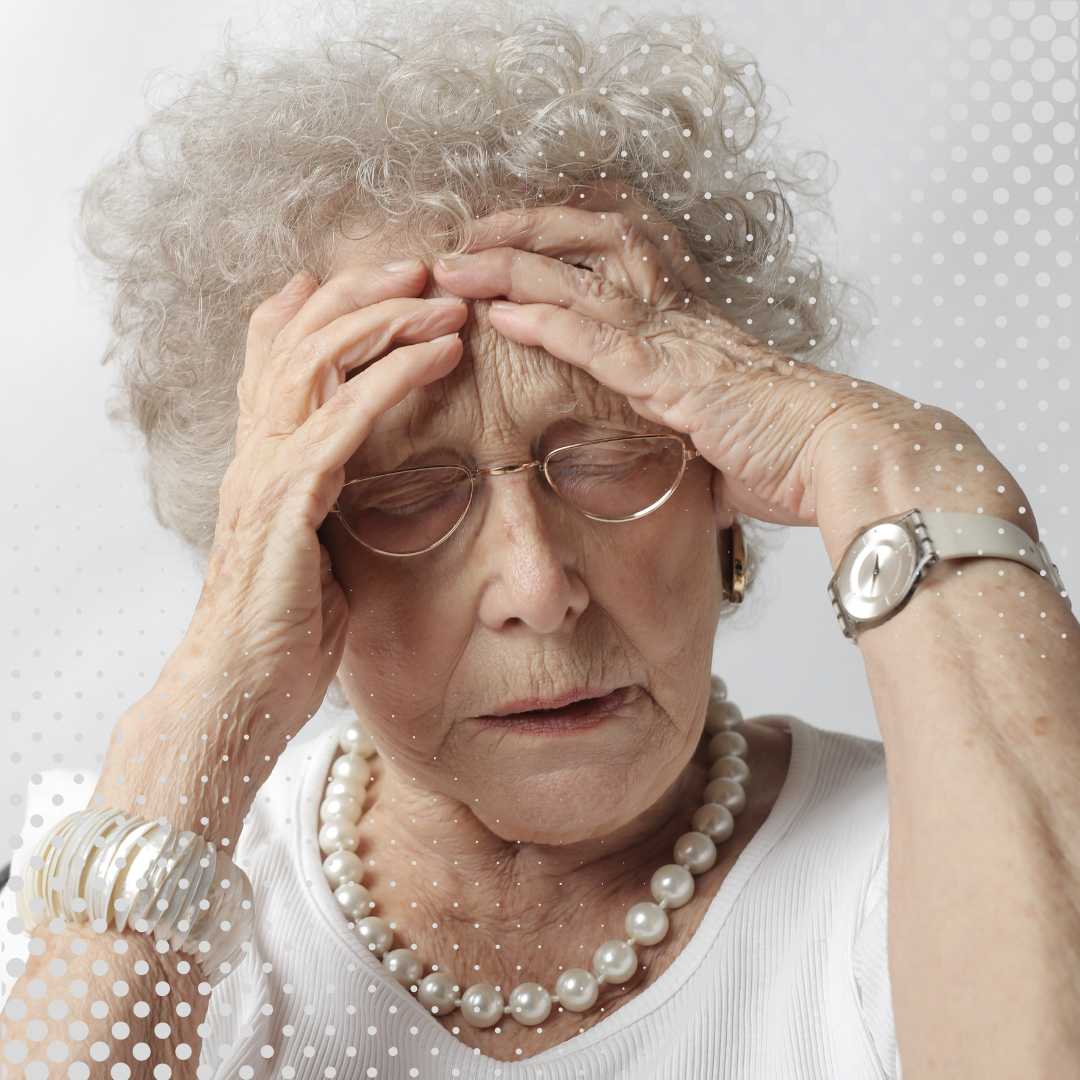
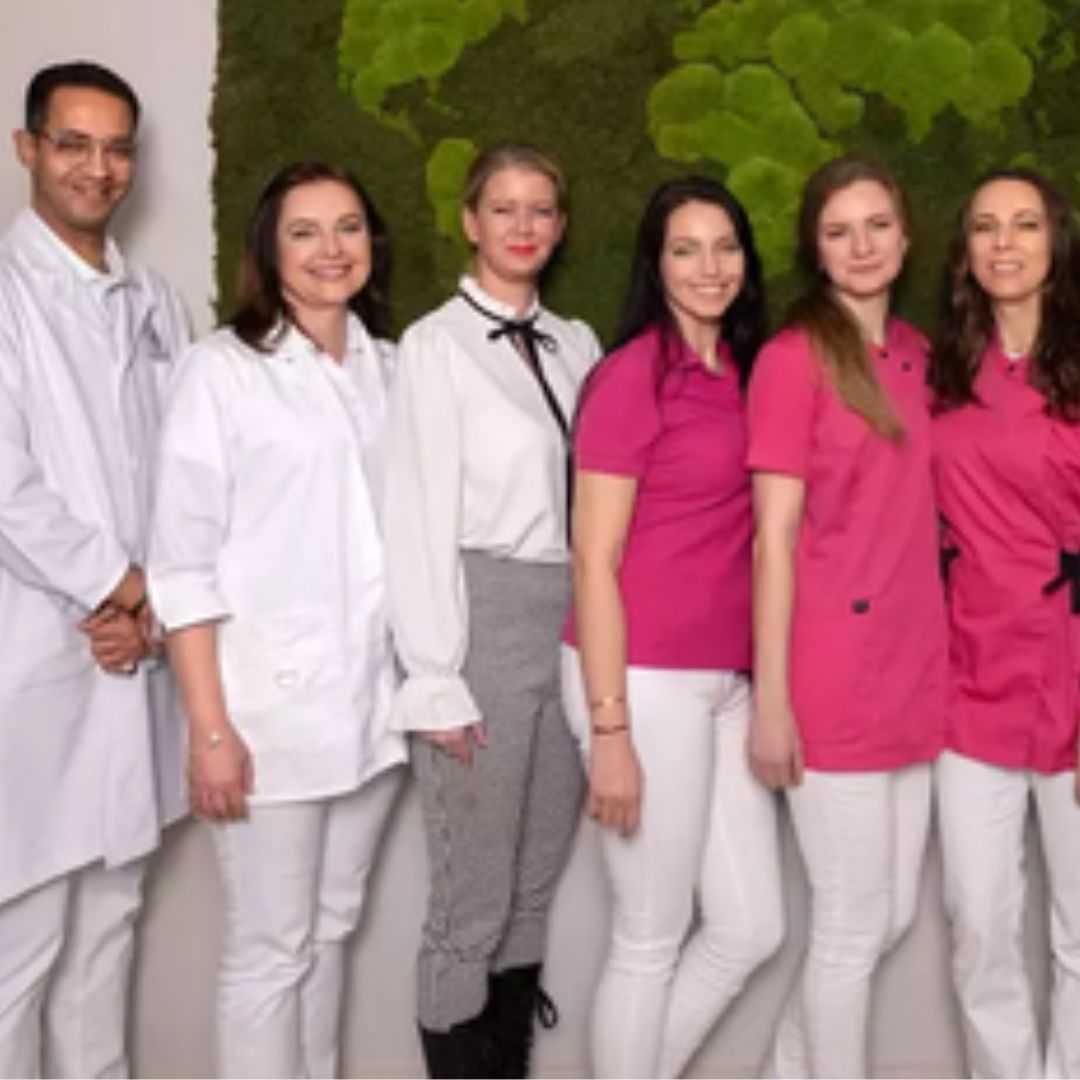
.jpg)
.jpg)
.jpg)
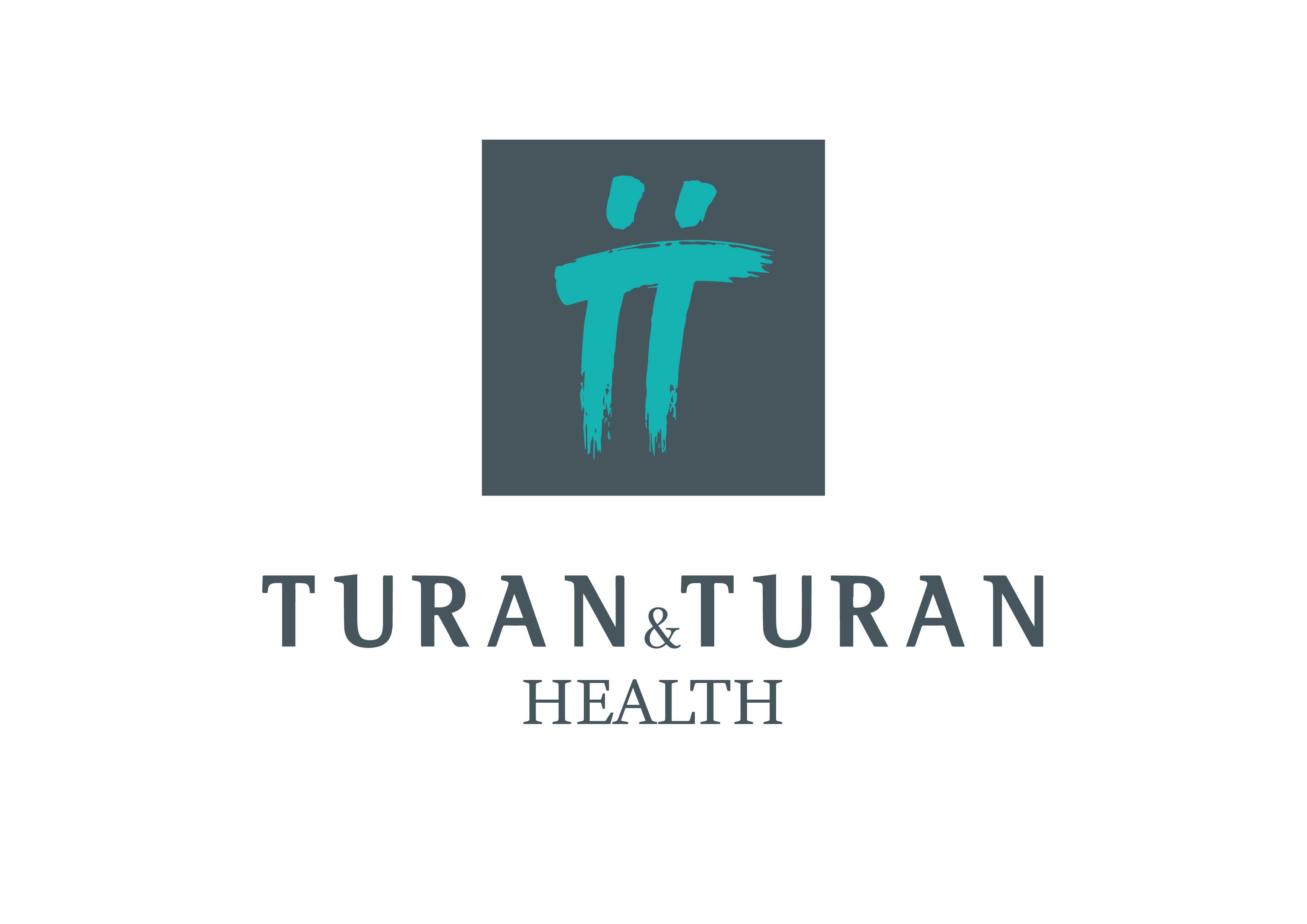
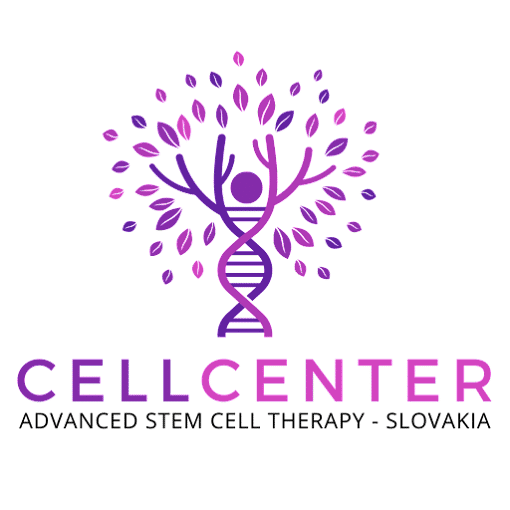
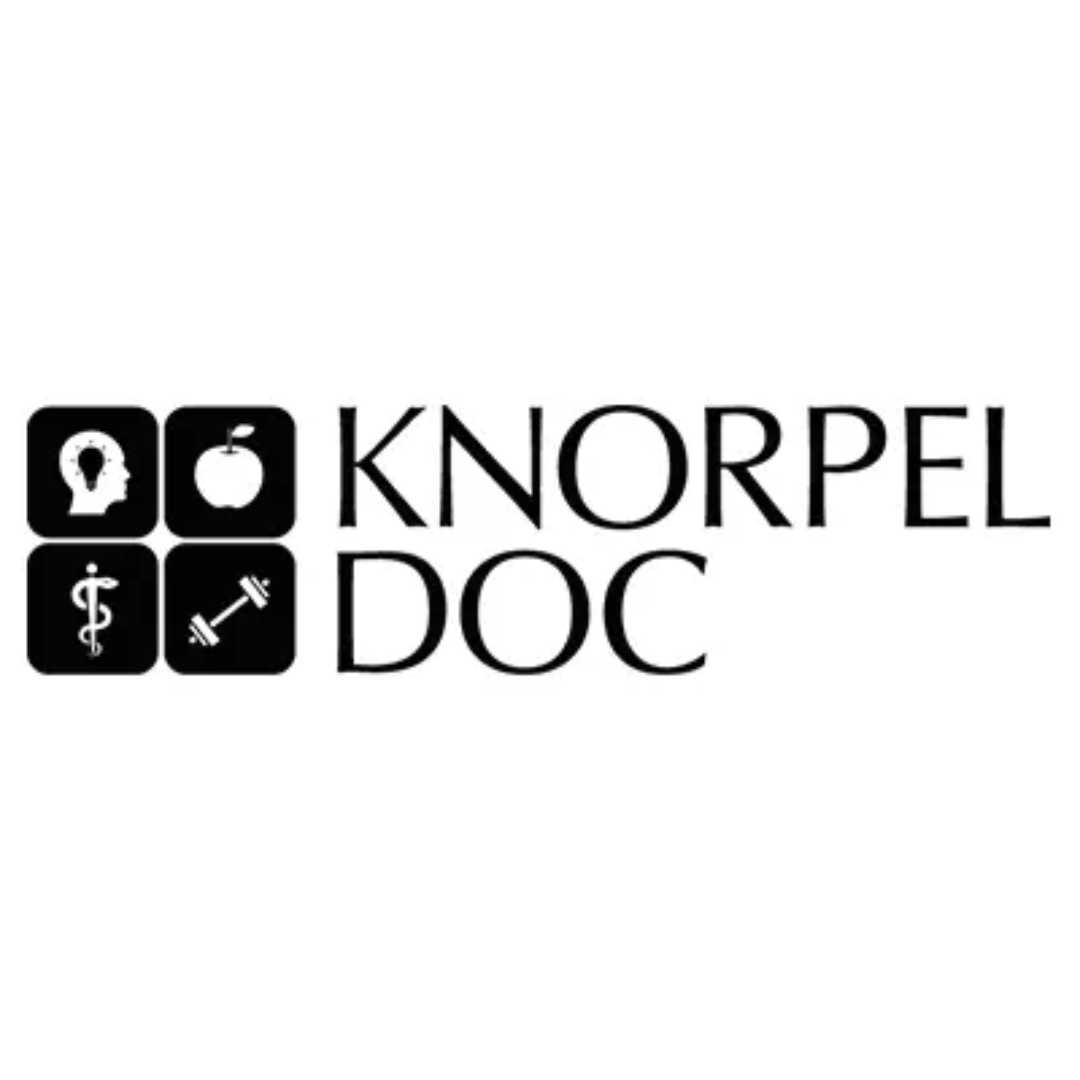
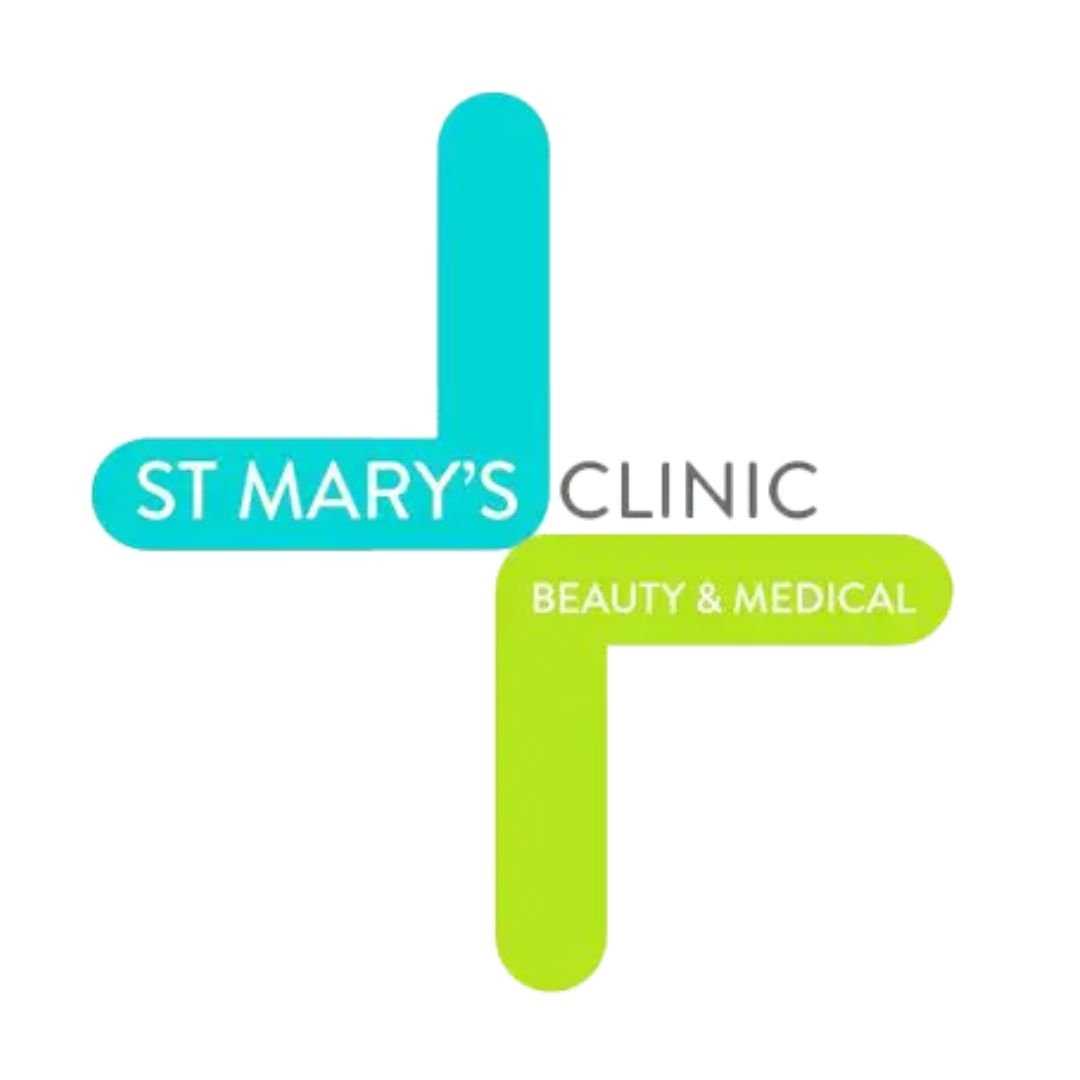

Share this listing